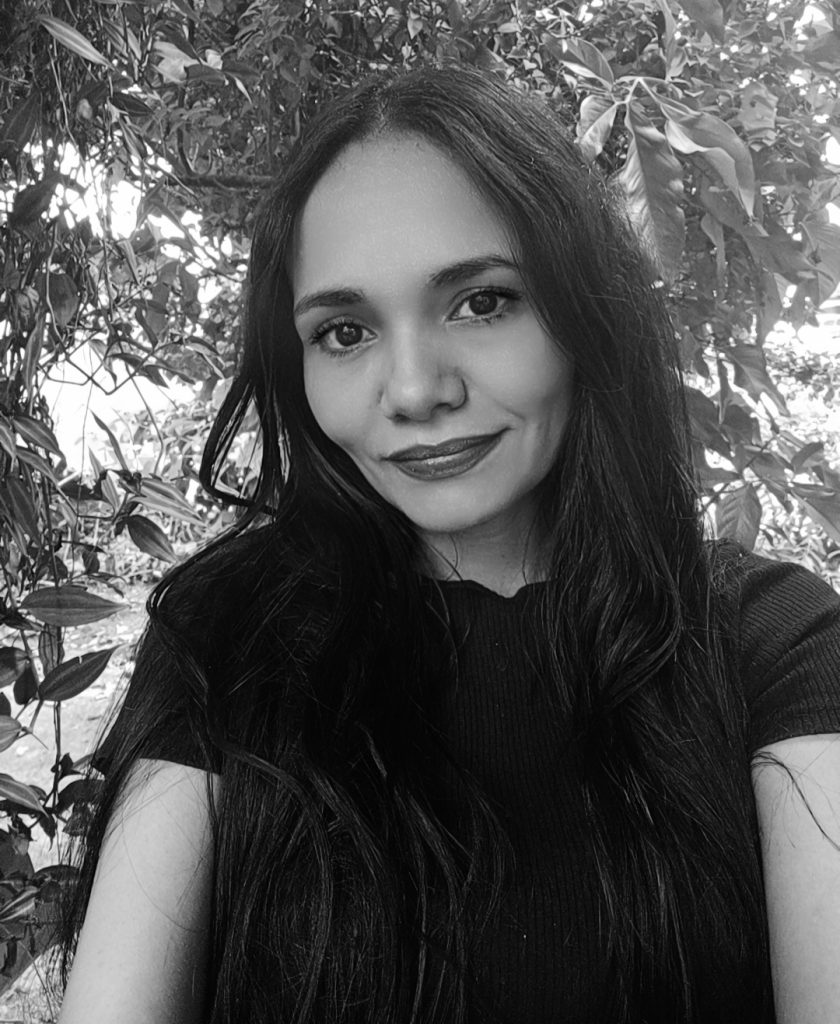
Please share your thoughts about the future of literature.
Literature, as a human expression, is in constant evolution. As we move toward a digital and globalized future, literature continues to expand its boundaries, adopting new formats like ebooks, interactive narratives, and virtual platforms. However, I believe its essence remains intact: to tell stories, express emotions, and share human experiences.
I think the future of literature will also be shaped by cultural diversity, the inclusion of previously marginalized voices, and accessible knowledge. While some fear that new technologies may overshadow the depth and rigor of traditional literature, I believe these tools can be used to bring literary works to a broader audience.
As both a poet and a translator, I feel that translation has a great impact on cultural exchange, and poetry around the world somehow preserves beauty and humanity in this chaotic and fast-paced world.
When did you start writing?
I started writing poetry at the age of 15. I would jot down random images, describing what I saw and how I felt about it. At the time, these were merely disconnected images, but later, I began to give them more coherence. That was my process of creative discovery.
The Good and the Bad. Who is winning nowadays?
Good and evil are complex and relative concepts that have coexisted since the beginning of humanity. The perception of who is winning depends on how and from where one observes. While acts of evil or injustice tend to be noticeable and visible, there are also countless acts of kindness, solidarity, and resilience that often go unnoticed.
Nowadays, we face global challenges such as wars, conflicts, and social inequalities, which might seem to give evil an upper hand. However, we are also witnessing inspiring movements that promote high values. I believe that instead of asking who is winning, it’s better to focus our energy on choosing to be agents of change within our own spheres of influence, no matter how small they might appear.
How many books have you written, and where can we find your books?
So far, I have written and published three poetry books:
El cuerpo de la duda (Editorial Publicarte, Caracas, Venezuela, 2013)
Transfigurar es un país que amas (Editorial Dos Islas, Miami, United States, 2020)
La larga noche de las jaurías (Editorial Nautilus, Spain, 2023)
I am currently working on a new book. Some of my books are available on Amazon: https://www.amazon.com/-/es/Transfigurar-pa%C3%ADs-que-amas-Editorial/dp/B08L8ZHHYH
The book. E-book or Hardcover book. What will be the future?
I believe the future of books should not be seen as a competition between electronic and hardcover formats; I think both can coexist. E-books offer advantageous accessibility, while hardcover books provide a tactile and emotional experience that many readers (myself included) deeply appreciate. In my particular case, I value hardcover books immensely. They occupy a special place in my home and in my life; I treasure them as art objects, as part of a great historical and cultural heritage, and, of course, for the unique sensory experience they provide.
A wish for 2025.
My wish for 2025 is for humanity to move toward a more just, equitable, and peaceful future. I hope we find more reasons to unite than to divide and that every person has the opportunity to achieve their dreams in peace and harmony. On a personal level, I also hope for a year of growth, creativity, and gratitude.
A phrase from your book:
“The hand in the shadow possesses almost everything,
but it will always thirst
for what it cannot take from you.
Your resistance, your love,
your unique fire,
unextinguishable.”
Mariela Cordero. Valencia, Venezuela. She is a lawyer, poet, writer, and translator, and has received several literary distinctions. She has published the poetry collections: El cuerpo de la duda (Editorial Publicarte, Caracas, Venezuela, 2013), Transfigurar es un país que amas (Editorial Dos Islas, Miami, United States, 2020), and La larga noche de las jaurías (Editorial Nautilus, Spain, 2023).
‘’’’’’’
+
